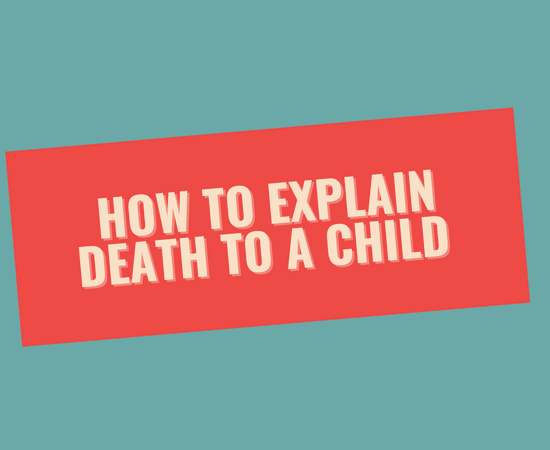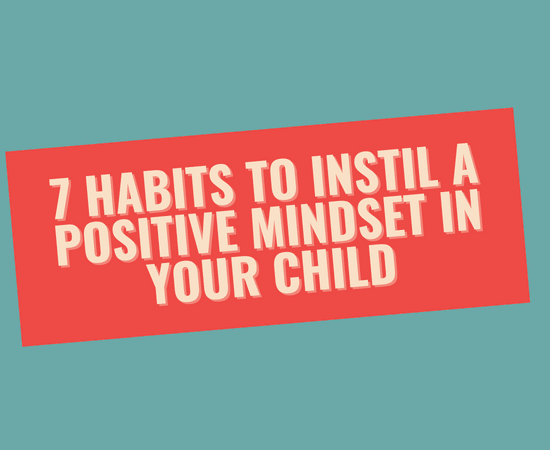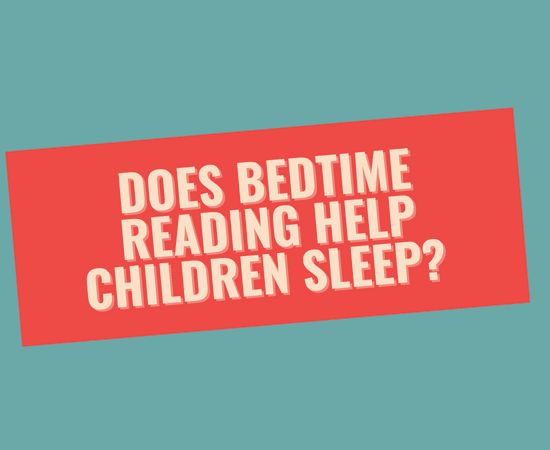How To Explain Death To A Child
Talking about death with a child is hard, and many parents feel anxious about it. Young children have a hard time understanding their emotions, events, and situations that are new to them. It can be hard to tell how well a child copes with the death of a loved one, especially if it’s a parent, a sibling, or a close relative. There is no sure way to predict the reaction of the child to death. How children react to the death of a loved one varies depending on their age at the time of death and closeness to the deceased loved one.
The death of a loved one is a life-changing event, especially for children. As a parent or a guardian, helping the child understand death is also challenging. Children typically lack the maturity necessary to deal with challenging circumstances and emotions, particularly the reality of a loved one’s passing and the idea of death in general. And, it’s even extra hard for the child if there’s no adult who can help them understand and get through the grieving process.
It is the duty of parents, guardians, grandparents, and relatives to explain death to children and help them understand and accept a loved one’s passing. The goal is to help the child understand death, the emotions they feel, the effect of the death, and ensure they don’t carry the trauma of a loved one’s passing forever.
If you ever find yourself in this situation, here are some helpful tips that you can follow in explaining the death of a loved one to a child in a way that will help them understand the situation they are in and cope with the loss.
Explain death in simple words
When telling your child that someone has passed away, remain composed and loving. Try not to be very emotional, and give your child the chance to express their own emotions. Talk in simple language and use loving, comforting, and reassuring words.
Help children understand their feelings
Young children may not have the right words to describe different emotions, especially new emotions that they just experienced. When you label your own emotions, you are also helping the child understand theirs.
Assure the child that he/she is not alone
When the child recently loses a loved one, he/she would likely feel isolated and alone. This feeling of loneliness, grief, and isolation will affect their mental health. As an adult, it’s very important that you provide support, comfort, and assurance to your child during this very trying time. Check on them as often as you can while also giving them space and time to heal at their own pace. More importantly, make them feel that they are not alone by keeping themselves available whenever they need you.
Buy them books that help them in their grieving
Another way to help kids through their grieving is to get them books that provide comfort and assurance. Personalised books for grieving children provide comfort and support to children who are processing the loss of a loved one. What’s special about this book is that you can customise the name and appearance of the character so it’s relatable to the child, it’s literally them represented in the storybook.
You can even add a dedication and include a photo of them and their deceased loved one to remind them of the beautiful memories they had!
Death is never an easy event to accept. Adults struggle to cope with the loss of a loved one and imagine the toll that it has on grieving children. During times of grief and loss, parents have to pay extra attention to their children who are going through the process of grieving. Children need support, love, care, attention, and understanding during this tough time. You want to make sure that they go through the grieving process properly so they don’t carry the trauma of their loss throughout their whole life!





